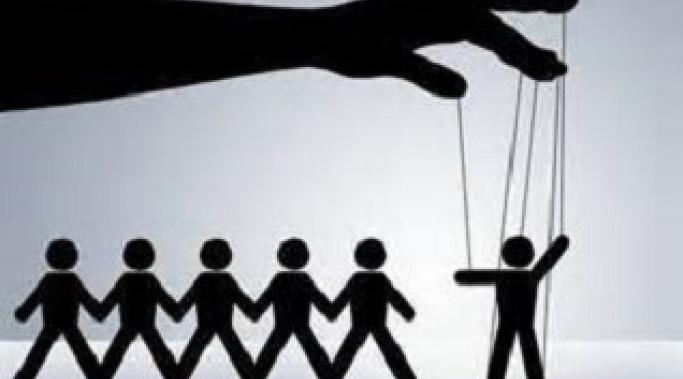Blogs
There's a common misconception that eating disorders are only about being thin. This is both incorrect and harmful to those struggling with eating disorders. I talk about why in this eating disorder video.
Are you planning to leave an abusive relationship? All plans involve future events (that's why they're plans and not actions). If so, it's time to check your thinking. Are you "planning to leave, but...", or do you have a realistic plan that will get you out of the relationship once and for all?
One of the biggest myths (tricks) of the Anxiety is that it makes you think you are out of control. Anxiety loves to make people feel that they are out of control. Believing this is one of the biggest problems for anxious people. If they knew they had control, they would not be anxious. For family members, friends, and mental health professionals, it is important that we deconstruct the belief that the anxious person is "out of control" and help him or her see what control they have, thus helping the anxiety decrease.
Abusers capably convince their victims that they will change. The convincing begins after an abusive episode that the abuser feels completely alienates him or her from you, the victim. The abuser wants to get back in control of you. Usually, after a panicky promise such as that, you will see a change in your abuser's behavior.
The change may be so pronounced that you believe that it is the end of the cycle of abuse instead of the honeymoon period you've experienced so many times before. But what if the you are wrong? The next abusive episode will hurt so much more because you believed the promise.
Is there a way to prove your abusive partner can change?
I have said it again and again, what goes up, must come down and it usually does so with a resounding thud. A crater. An impact that puts you lower in the ground than before you started. In other words, a depression.
And that’s the problem with hypomania. For many people the hypomania itself really isn’t a huge deal (although for some hypomania in and of itself is damaging) but the period afterwards is devastating. It’s the hypomania hangover.
When you are first diagnosed with a mental illness, you are presented with the following information: you will probably have to take psychiatric medication for the rest of your life. For the rest of your life! That's tough to hear and to understand.
For many years I had wrongly believed that I was a bad person for having Schizoaffective disorder. Many people around me believed likewise. It was not until years later through treatment that I realized Schizoaffective disorder is something that I have, and not something that I am. This is probably why Schizophrenia and Schizoaffective disorder can be treated better than many other mental illnesses, and will be even more treatable in the future.
It’s been said that Hollywood is the one place in the world where they really do believe practice makes perfect – because, it churns out the same exhausted retreads year in and year out. Indeed, it’s axiomatic in Hollywood that an original idea isn’t merely unwelcome, it’s a career killer.
For decades, members of the mental health community, especially those who labor every day under the burden of mental illness, have looked to the west in hopes of seeing films that address psychological and emotional issues with courage, insight, and creativity. To their horror, only clowns, boiled eggs, and serial killers riding tricycles looked back.
I recently had the privilege of addressing a group of mental health nursing students at Fairfield University in Connecticut. Their professor, Joyce Shea, had heard me speak with Mary Moller, PRN at the APNA (American Psychiatric Nurses Association) Annual 2011 Conference, and assigned Ben Behind His Voices as required reading for her mental health nursing students.
To my great delight, Ms. Shea shared with me some of her students' reactions to the memoir, and invited me to speak with them about how mental health nurses can make a real difference in the family experience when mental illness results in hospitalization.
Fear is a biological response. The fearful stimuli tells our amygdala to release adrenaline (our “fight or flight” hormone). The sole purpose of this is to give us energy to fight or flee. In other words, its purpose is to get us to act, once we act, the fear is pointless. And, usually goes away, since acting has us feeling empowered, not so out of control. Our focus becomes on our tasks at hand, and the worry get relegated to the background.








